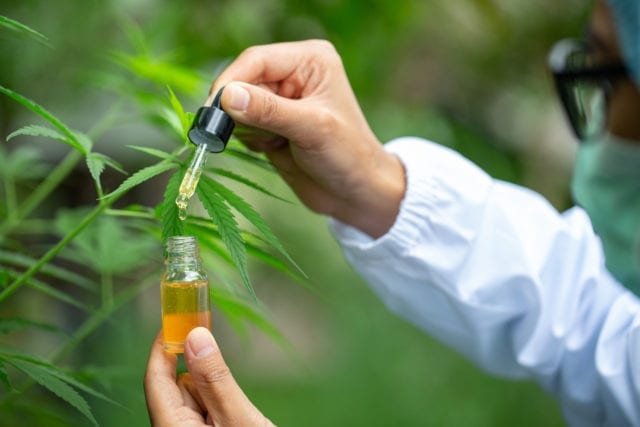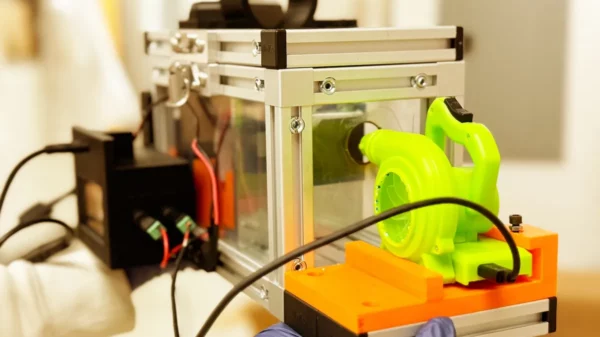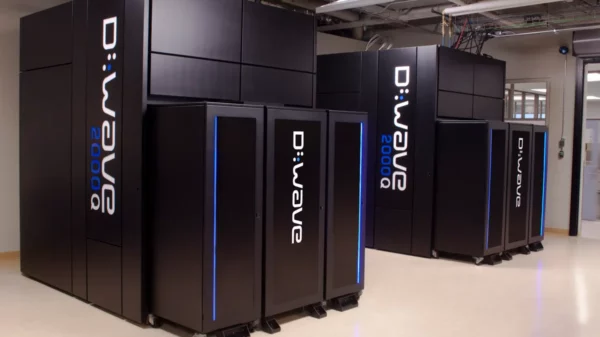Anyone who has followed the burgeoning legal cannabis industry understands the Canadian government’s strict regulations have been preventing the country’s pot market to flourish and take advantage of its global first-mover status. But now a recent media report shows Health Canada’s complex approval process for conducting cannabis research is also blocking hundreds of scientists from starting academic studies on marijuana.
When Canada legalized pot last Oct. 17, Health Canada had to transition research licences from the Narcotics Control Regulations to the new Cannabis Act, and the federal agency told CTV News “there have been challenges in processing times for new research licence applications.”
Only 65 new research licences have been granted by the Canadian bureaucracy of the more than 350 applications that existed when legalization began, while another 250 new requests to conduct cannabis studies are at various stages of the review process, according to CTV News.
“Some people don’t even try because it’s so difficult,” Simon Fraser University PhD candidate Bertrand Sager said.
Sager has been waiting for approval to start studying the impact cannabis has on drivers “well before” legalization, which could be valuable research as the Canadian government, and officials in other jurisdictions, try to appropriately enforce cannabis impaired driving.
 But after Sager went through a lengthy approval process to get university approval, he said he was shocked to find out Health Canada’s onerous requirements for a research licence are similar to the demands placed on cannabis companies and would take so long to process.
But after Sager went through a lengthy approval process to get university approval, he said he was shocked to find out Health Canada’s onerous requirements for a research licence are similar to the demands placed on cannabis companies and would take so long to process.
“The requirement seems to be geared towards R and D on cannabis products, which is not what we’re doing. We’re doing driving research and we want to use cannabis in the same way we might use alcohol,” Sager said.
The PhD candidate added he would need only 23 grams of marijuana to run the tests, which is below the 30 grams allowed in Canada for personal use. The study would involve 90 participants using a driving simulator on campus, and would track their reactions and eye movements with how quickly they respond to stimuli.
Health Canada’s Kafkaesque cannabis rules
Health Canada told CTV News it realizes cannabis research is important and is “committed to promoting and enabling that research,” while adding it evaluates each application on a case-by-case basis.
But its the federal agency’s onerous requirements under the Cannabis Regulations that have created the major backlog in applications.
Health Canada said a research licence holder must come up with physical security measures, storage protocols, strict record-keeping practices, and a clear way of showing the cannabis used in research won’t end up being diverted for retail sale.
“It’s very frustrating because when we heard rumours cannabis would be legalized we began designing the study because we wanted to be among the first out the door,” said Sager.
The SFU researcher expects it will take another year or longer to get the green light to start the study, and is frustrated with Health Canada making it so difficult to conduct cannabis research on areas where concrete answers are missing and new studies could help fill gaps in public policy.
“There are still a lot of things that aren’t known about how cannabis impacts cognitive performance in general and driving specifically,” Sager said.
“It affects different people very differently, so there are a lot of people who will say ‘I drive way better when I’m high.’ Maybe they do, maybe they don’t.”













